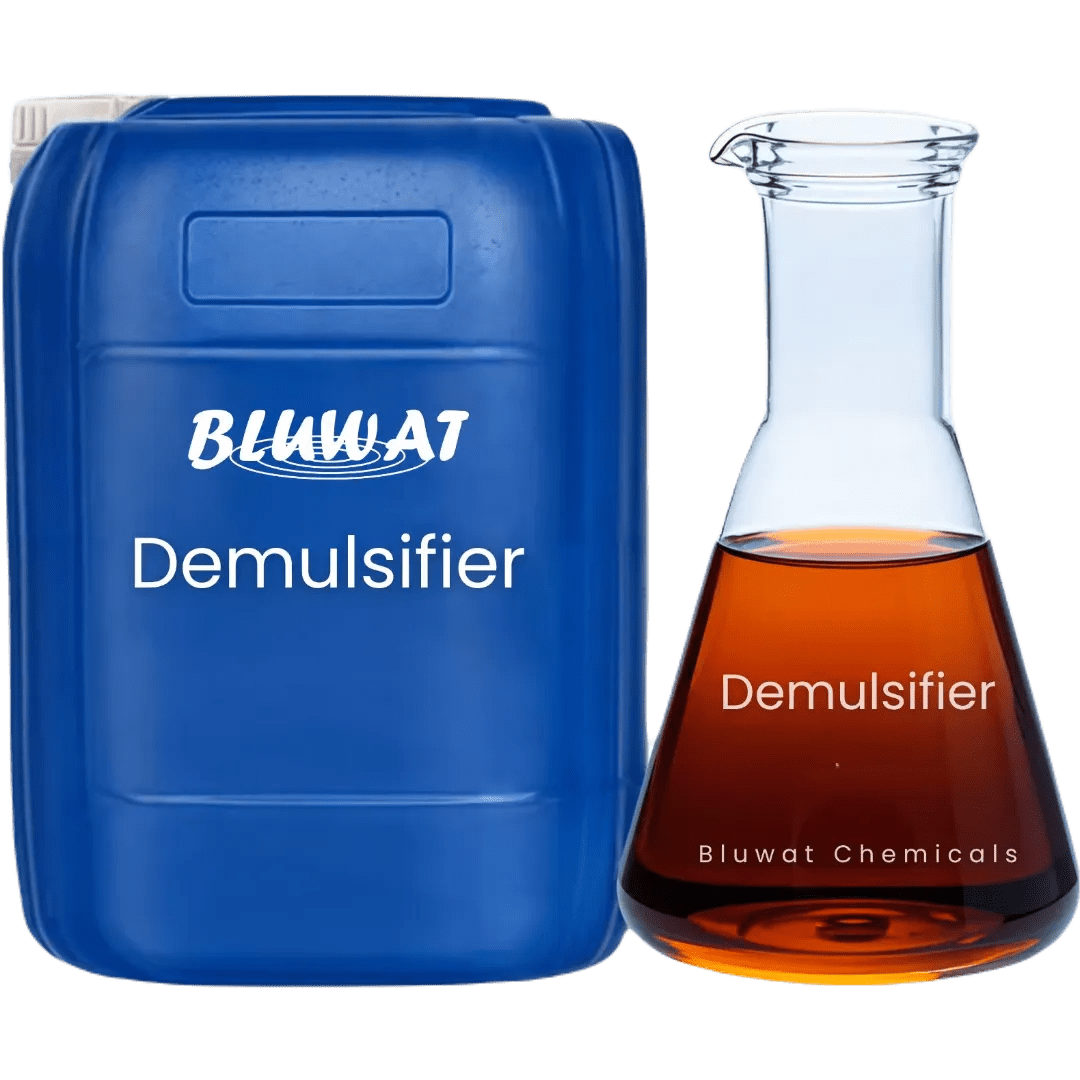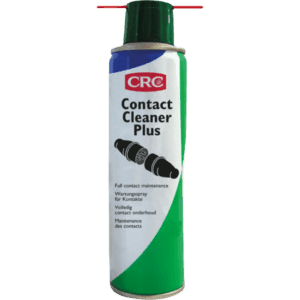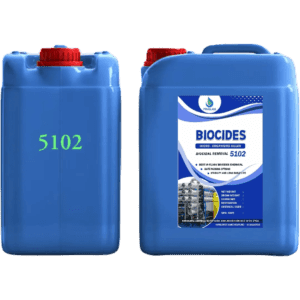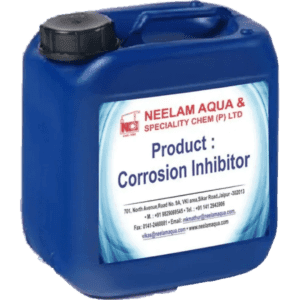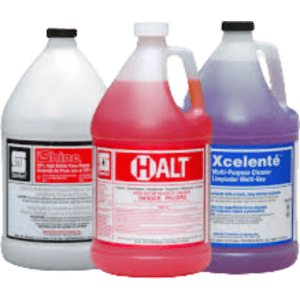Demulsifier chemicals are formulated to break down water-in-oil emulsions, enabling the efficient separation of water from oil in processes such as crude oil production, refining, and wastewater treatment. These chemicals work by altering the emulsion structure, making the water droplets separate from the oil, thereby improving the recovery of usable oil and preventing costly contamination. Demulsifiers are widely used in the oil and gas industry, particularly in oil refining, crude oil treatment, and petrochemical operations. They meet API RP 65 standards for petroleum operations and SASO 2375 for safe handling in industrial applications.
Key Features:
- Efficient Water Separation: Effectively breaks water-in-oil emulsions.
- Improved Oil Recovery: Increases the yield of recoverable oil.
- Safe and Non-Toxic: Many demulsifiers are biodegradable and non-hazardous.
- Low Cost: Enhances operational efficiency and reduces waste disposal costs.
Types and Standards:
- Synthetic Demulsifiers: High-performance chemicals for oil and gas operations.
- Natural/Environmental Demulsifiers: Biodegradable options for environmentally sensitive operations.
- **API RP 65, SASO 2375: Industry standards for oil treatment and demulsification.
Brands Available:
Schlumberger, Nalco, BASF, Solvay, and ExxonMobil.
General Maintenance:
Apply demulsifiers according to manufacturer recommendations. Store chemicals in cool, dry conditions away from heat sources and open flames. Use appropriate PPE during handling and application.

